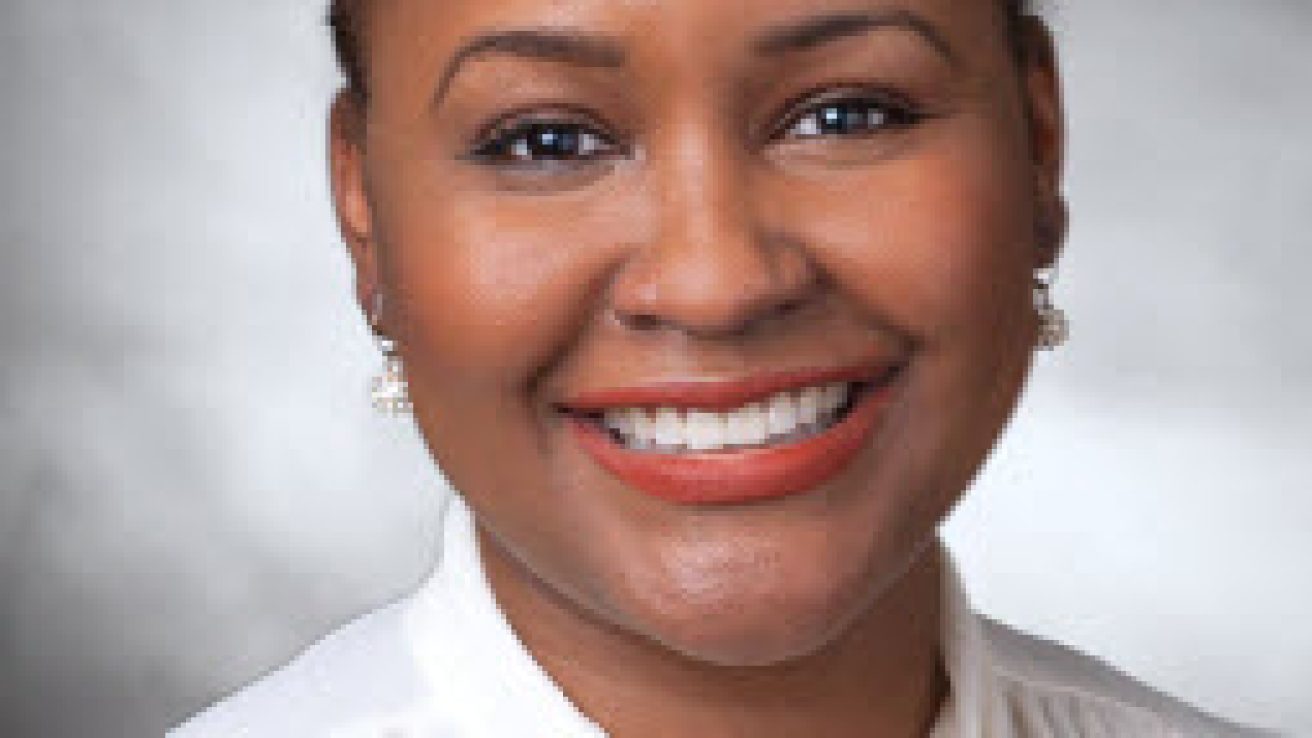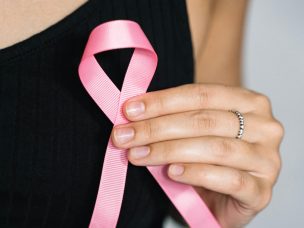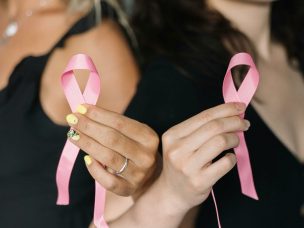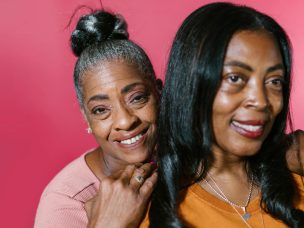In this MD Newsline exclusive interview with oncologist Dr. Shaina Rozell, we discuss breast cancer disparities experienced by Black patients. We also discuss how to continue improving messaging on breast cancer screening, and recent research developments in the treatment of breast cancer.
MD Newsline:
Why do Black women experience greater mortality from breast cancer despite experiencing similar incidences of the disease as white women?
Dr. Shaina Rozell:
“It is interesting to me that you have similar incidence rates of breast cancer, but the mortality rates are different. Why is that? I think a lot of it has to do with the barriers and delays that Black women experience when seeking care. So again, African Americans often seek care at later stages, and it’s unfortunate.
I’ve had patients present with 14 cm breast masses, and I ask them, ‘what took so long?’ One reason is fear of the healthcare system. Two is a lack of trust in the healthcare system. Three is just the fear of having cancer. They hear of their friends and loved ones who had cancer and were treated but didn’t make it. And so, these are major hurdles in seeking care.
Additionally, African American women are more prone to developing triple-negative breast cancer, which is much more aggressive. Moreover, breast cancer clinical trials lack African American women. Oftentimes, less than 8% of the participants are African American. So we don’t have much information on how to treat Black women with breast cancer. All of these reasons help support why our African American patients with breast cancer aren’t doing as well.”
MD Newsline:
What are some common concerns among Black women regarding mastectomy and chemotherapy for the treatment of breast cancer?
Dr. Shaina Rozell:
“To many women, chemotherapy means, ‘I am gonna lose my hair, potentially. I’m gonna lose my hair.’ And, as Black women, we are very proud of our hair. You know? We don’t wanna lose our hair. It is make it or break it. And you tell your patients, ‘you’re going to lose your hair,’ and they cry. And I understand it because that is how we identify ourselves. And I tell them, ‘well, your hair will grow back. There are different options.’ And it kind of helps to relieve some of that anxiety, but it [also] doesn’t.
Same thing with mastectomies. Now we’re talking about potentially removing their breasts, with maybe not even an option for implants. That’s a major struggle. Another complicating factor is the high obesity rate among African American women. We know cancer is more prevalent in patients with obesity, and so that’s another reason why African American women suffer more from breast cancer. But obesity also limits the options for implants and breast reconstruction.
When you hear you have to lose 50 pounds on top of having a mastectomy to get implants and have breast reconstruction, that’s a major fear. Now you’re telling your patient they may not even be able to have breast reconstruction. That’s very upsetting to many patients.
I can’t be with my patients all the time [to help them work through these concerns]. But I tell my friends and some of my colleagues, ‘I’m not just my patients’ doctor. I’m their therapist. I’m their pastor. I’m their hair counselor. I’m their nail tech. I’m their exercise coach. I’m their life coach.’ So it’s a major role that I’m playing, you know, in trying to help my patients thrive.”
MD Newsline:
How might we improve messaging surrounding breast cancer screening, particularly for Black patients?
Dr. Shaina Rozell:
“I think we do a good job with breast cancer awareness. We’ve seen an increase in the number of patients that get mammograms. In fact, I have patients who talk to me about breast ultrasounds, which I think is great. They say, ‘Dr. Rozell, I have dense breasts. Does that mean I need an ultrasound?’ And I say, ‘absolutely! Absolutely you do!’ So I think we’re doing a great job in that area.
Where I don’t think we’re doing a good job is trying to ease the fear of getting screening for breast cancer. We’re still missing a lot of patients who are afraid of getting that screening done and what it might find. So, I think maybe we need to go out into the community more and provide them with greater access to breast cancer screening. Again, we’re missing tons of patients who just don’t go to the doctor.
And so, I think that is one of the main problems in detecting cancers early. I’m not worried about my patients who get their mammograms yearly. I have many of those patients. But I also have many patients who’ve never had a mammogram done, and now they’re finally presenting because they felt a lump in their breast or they had some discharge. So how can we reach those patients is one of the questions that I think we need to figure out.”
MD Newsline:
Is there any research that excites you or that you think is important for physicians to know related to breast cancer?
“Yes, I’m excited by the research that’s looking at PARP inhibitors in the adjuvant setting for patients who have BRAC1 and BRAC2 mutations. What we’ve seen is these patients are living much longer. When they looked at the three-year invasive disease-free survival, it was 86% compared to 77%. So we’re doing much better. I have a near and dear interest in genetic mutations, so this is one research development that I think is extremely exciting.
Number two, when we talk about minorities, I think there will increasingly be more data that show that African Americans may have higher rates of BRAC1/BRAC2 mutations than we thought. These are our patients with triple-negative breast cancer. These are our young patients. I think because of the lack of studies, we really don’t know much about these genetic mutations in African Americans.
And in fact, most African Americans don’t even realize that they may have a huge family history of cancer or that there’s a gene related to why they developed this cancer.
So I think the answer to that question is two-fold. One, we need to look at how we can get these patients enrolled in breast cancer clinical trials and learn if they possess these mutations. And two, we need to show them that there’s more data out there and more treatment options available for them.
We just started a high-risk hereditary clinic at my practice. And it’s fascinating. There aren’t just BRCA genes out there. There are so many other breast cancer genes. So the question remains, ‘what can we do to prevent these cancers? And if you do develop breast cancer, how can we help you treat it at an early stage?’ ”
Responses have been condensed and lightly edited.









